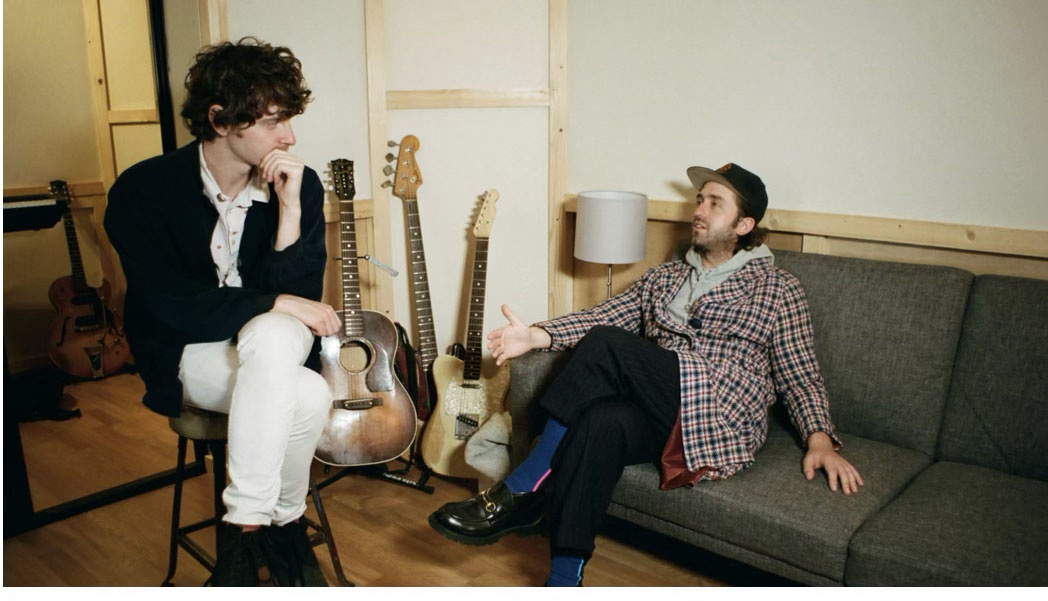
Emile Mosseri made his way to Los Angeles after spending more than a decade carving out a career in New York’s indie rock scene. At the cusp of his 30s and wrung out from years of touring, Mosseri vowed to enter his “adult” era in a more relaxed pose—scoring films under the California sun. It wasn’t long before he crossed paths with Joe Talbot, then at work on his debut film The Last Black Man in San Francisco, the festival-sweeping triumph that would later win the auteur filmmaker the Best Director prize at the 2019 Sundance Film Festival. Talbot’s hunt for a composer who could buoy the film’s searing jewel-toned moments with a sufficiently sweeping and unabashed score had proved fruitless—until he was handed Mosseri’s demo. The musician, who had never written a film score in his life, was so captivated by the film’s rough cut that he spent a frenzied weekend pulling together the best musical offering he could muster. “I was just blown away,” Talbot recalls. “It was such an accomplished piece of music, [so] I was expecting the person who made it to be this wizened, bespectacled hermit in a turtleneck. Instead, this hot guy walked in.”
Mosseri’s score moved Talbot so deeply that the two became inseparable collaborators—and lifelong friends—almost on the spot. In the years since, Mosseri has gone on to score films including Lee Isaac Chung’s Minari, 2020, and Miranda July’s Kajillionaire, 2020; while Talbot, who is currently at work on his second feature film, has directed music videos for the likes of Adele. The pair continue to work together on Talbot’s film projects, but it wasn’t until this year, on the occasion of Mosseri’s first solo album, Heaven Hunters, that Mosseri’s work took center stage. The musician and filmmaker joined forces on the music video for “My Greedy Heart”—a stirring single off the album—in which Mosseri staggers jauntily through a cemetery set against the hazy Los Angeles skyline and wades neck-deep into a pond fringed by technicolor underbrush. The video, released today, offers a glimpse into the tender, delicate worlds of both artists, commemorating their friendship and setting the tone for the June 9 release of Heaven Hunters. Here, the pair reflect on their ever-shifting partnership, trash-talking Adele, and the fears and joys of making art the old-fashioned way.
CULTURED: Oh, you're together.
Joe Talbot: We're always together.
CULTURED: How did you two first cross paths?
Emile Mosseri: When I moved to LA five years ago, my agent asked me if I wanted to try demoing out a score for the debut film of some director. The director was Joe Talbot, and the film was The Last Black Man in San Francisco. I saw a three-and-a-half-hour rough cut and I was like, “I'll die if I don't get this job.” So I spent two around-the-clock days making a demo, and planned the day of the meeting with Joe down to the minute so that I had enough time to do my laundry and wear something cool that would impress him. But I got the timing wrong, and all I had were wet clothes. I was like, “I can't get this job if I’m wearing wet pants. What if I get up and there's a big wet spot on the couch?” I ended up wearing some random bottom-of-the-barrel outfit. But apparently, Joe was into it because he ended up hiring me.
Talbot: I didn't realize Emile was that neurotic until much later. I'm obnoxiously precious about the music in my films, and for Last Black Man, I wanted the music to feel big, like it was flying out of the main character’s heart. At the time, big emotional scores were not in vogue—there were not a lot of grand orchestral swings, particularly in independent film, and finding someone who understood what I was looking for was difficult. I heard Emile’s first pass, and I was just blown away. I tried to suss out how Emile did what he did with that demo, and eventually realized that he's just, you know, brilliant. So, that was the beginning, and Emile has become one of my best friends. This new project—the video for his album—felt familiar for us in some ways, in that he was providing the sound and I was providing the visuals. But it was also entirely new, because this time he was the client, and it was his album.
CULTURED: Emile, what’s your process for shaping a film score?
Mosseri: I like to kind of absorb the tone of the film and write a ton of music inspired by that feeling. Some composers move scene by scene and use the image to unlock the music. But whenever I try to work that way, there's sort of functionality to the music that you can smell. It doesn't come from a place of inspiration, it comes from solving a puzzle. Last Black Man was my first film job. Joe really took a chance on me. At first, I was trying to shoehorn all my most interesting musical moves into this movie, but what I learned from him was that there has to be a chaotic element to the process that you capture, and you have to cross the line into cheesiness in order to dial it back to that sweet spot. I used to be afraid to be anywhere near that line, because, with independent film and music, people are sensitive to being emotionally manipulated. That's the whole game—you want to move people in a way that's intelligent so they don't feel like they’re being juiced too hard. What's great about Joe as an artist is he brings you up to that line, where the work feels unapologetically bold but never saccharine. We ended up doing that same process in this video.
Talbot: I agree. There’s so much newness in film and music right now, but it can often lack emotional depth. It’s funny that we're so obsessed with AI replacing us, because art has become so gentrified that it’s getting harder and harder to tell the two apart. It feels like people not going to the most vulnerable, weird, sordid places in ourselves these days. It’s fun for Emile and me to dig toward that.
CULTURED: Joe, how did you approach the process of creating visuals in response to a song?
Talbot: We’ve become such close friends since we started working together, so I know all of the feelings and experiences that went into this big moment for Emile—his first solo album. The challenge was making the music video feel like him. Emile is very funny and self-deprecating, and he’s also a charismatic and handsome guy. You want all those things to come through.
Mosseri: That's right. It was such a treat for me to see our dynamic projected onto a project that was mine, because our dynamic creatively has always been in service of Joe's vision. That has been amazing, but it was fun to bring it into this other space. Joe is the person I trust the most to push me out of my comfort zone visually, but in that sweet spot where it still feels like me.
Talbot: It’s like a romantic partner—you see them all the time so you’re used to them, but then one day a shaft of light hits their face and you're like, “Wow, this person is stunning. How lucky am I?” Filming someone you know well is like seeing them in that shaft of light. In that sense, this project wasn’t entirely different from Last Black Man in San Francisco because of my relationship with Jimmie [Fails, star of Last Black Man in San Francisco] my friend I grew up with. We lived together, and I've smelled his poop after he comes out of the bathroom and all that, but here are these moments of remove when you see the person anew, and you're enchanted by them.
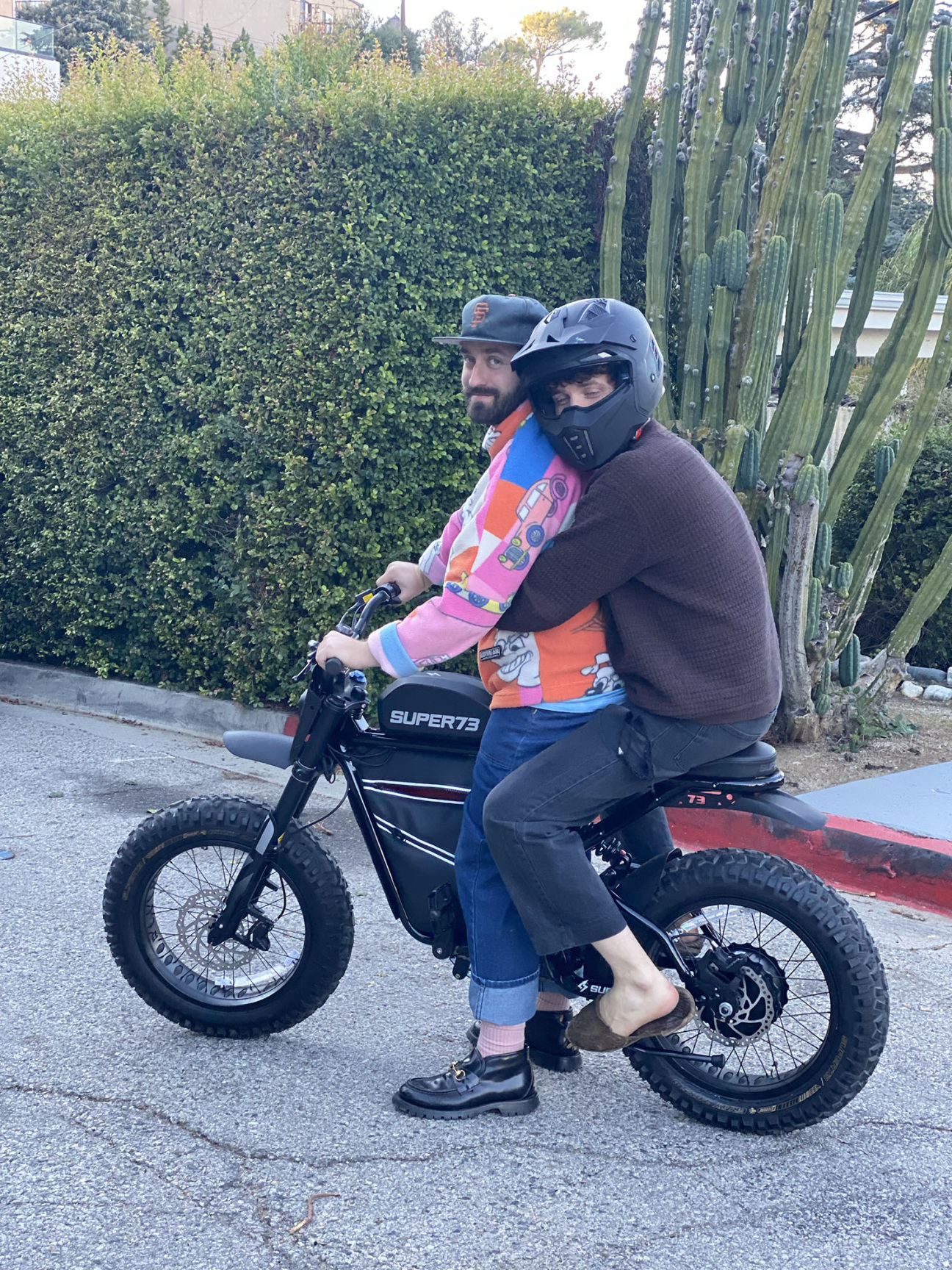
CULTURED: This project was very bare-bones in a lot of ways—one camera and one guitar in a cemetery. Did it feel like a return to your earliest experiences making music and films?
Mosseri: Yeah, I spent my whole life in a band, and toured my whole 20s and into my 30s. Then I moved out to LA to begin this more “adult” existence, or whatever, scoring films. Those moments when you’re excited enough to pull an all-nighter, or being in the car with your friends soaking wet and wrapped in towels, reconnect you viscerally to your youth. Not to be corny, but I felt so lucky while filming this video to be able to make work with my friends.
Talbot: For me, I think the classy answer would be to say, “It puts me back in touch with the rawness of filmmaking.” But the truth is, I'm not that far from that. I’m only directing my second feature, and I haven't even shot it yet. So because I haven’t gotten to do as much of the big, bombastic shit in my heart yet, doing a ragtag thing can feel a little scary. There's a part of you that's like, “Is this my fate? Will I ever make something big again?” This is different because it came out of love. The best films I made growing up were made with nothing but friends and a camera.
Mosseri: There’s a lot of comfort between us. I felt so out of my in front of the camera, and I was driving Joe crazy when we were shooting because I wasn't hitting my marks and we were low on film. Finally, he said, “You have to hit your fucking marks, man.”
Talbot: Well, I don't usually get to come down on both the financier and the artist at once.
Mosseri: I remember thinking, “Does he talk to Adele like that?”
Talbot: Well, Adele hits her marks.
Mosseri: That’s fair.
Talbot: But I don’t love Adele as much as I love you. You’re willing to do anything I ask.
Mosseri: Because I had full trust that you would turn it into something beautiful. That pond scene was really humbling though.
Talbot: I asked him to get in this stinky pond for the video thinking he would just wade in a little bit, but he put his whole head under.
Mosseri: I was soaked through and I smelled terrible on the drive home.
CULTURED: It sounds like you had your wet pants day after all.
Mosseri: Unfortunately, yes.
Talbot: It was our full circle moment.
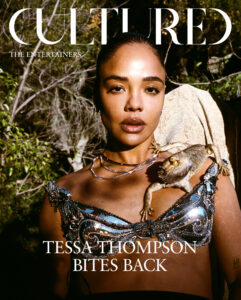
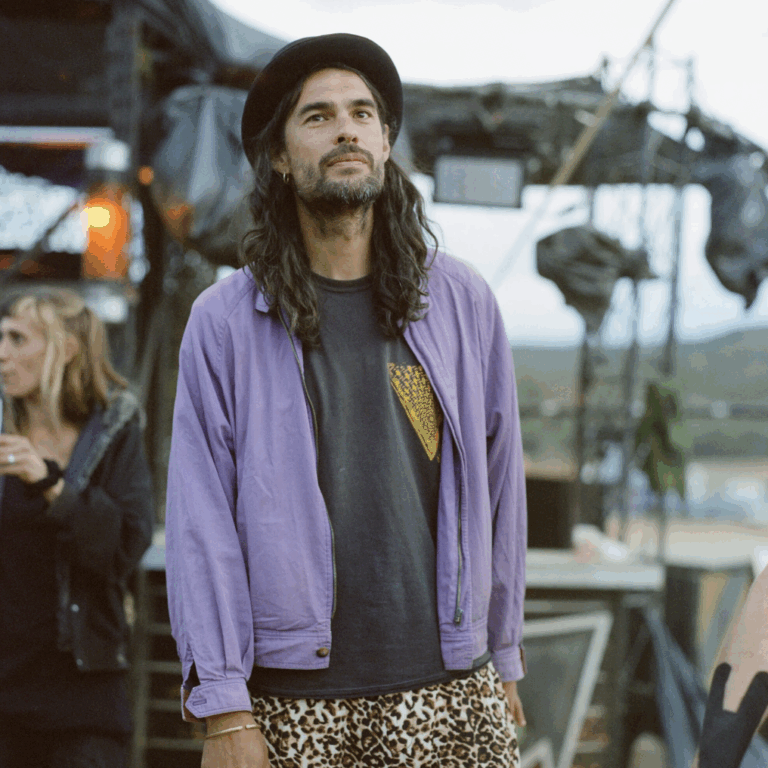
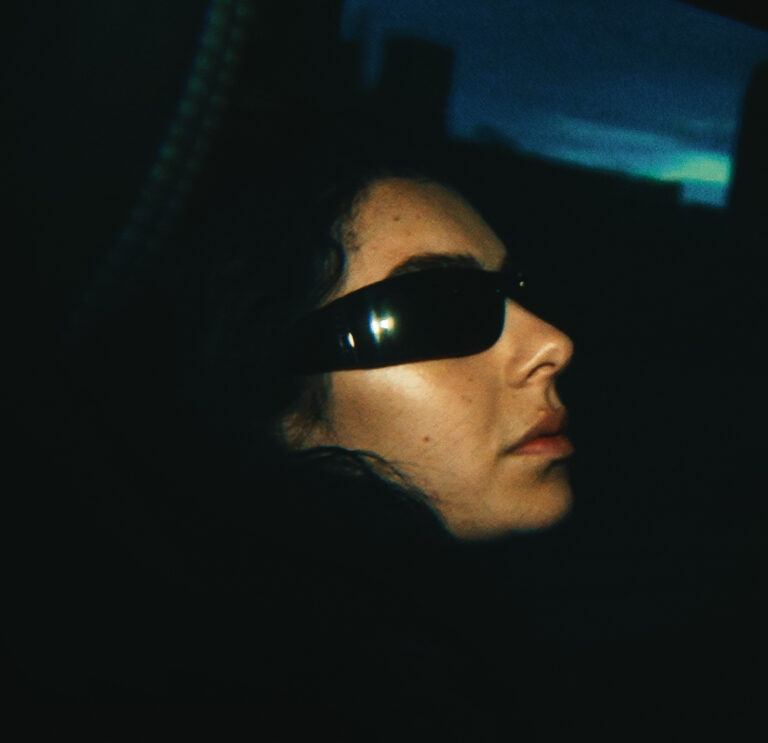
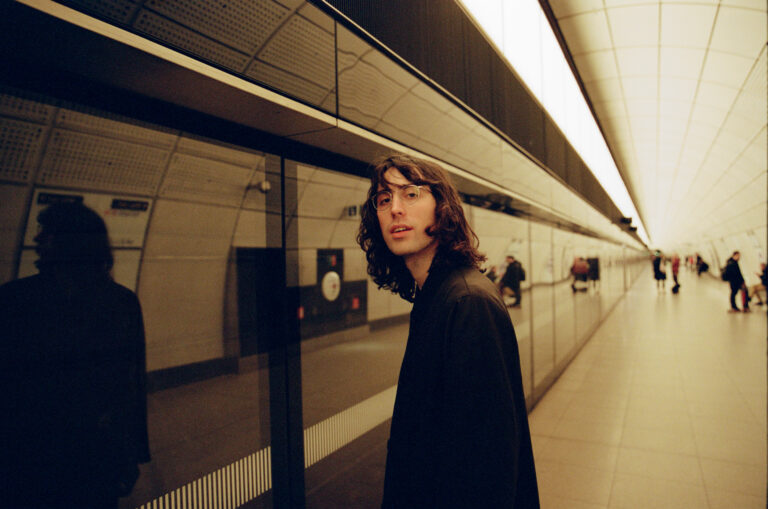
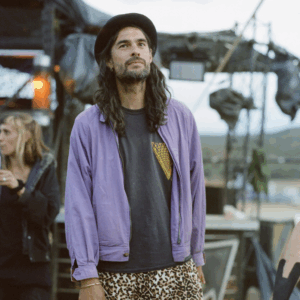
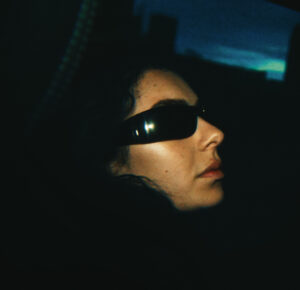
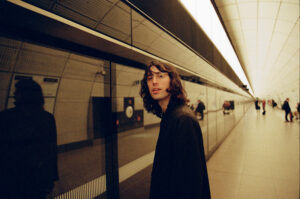

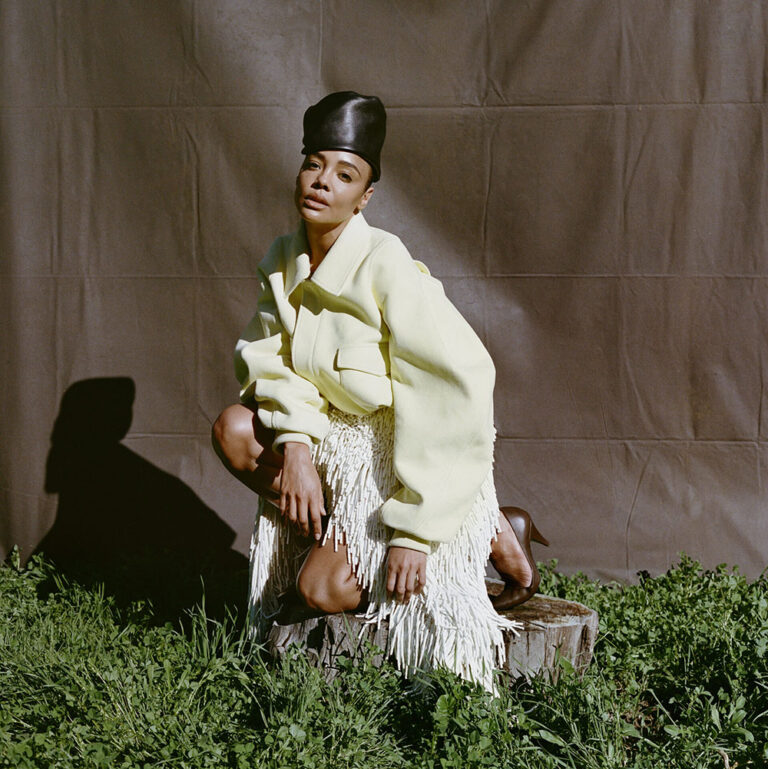

 in your life?
in your life?

